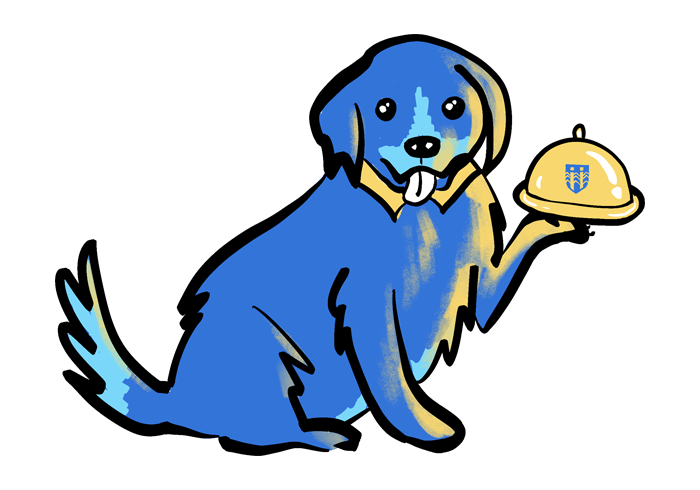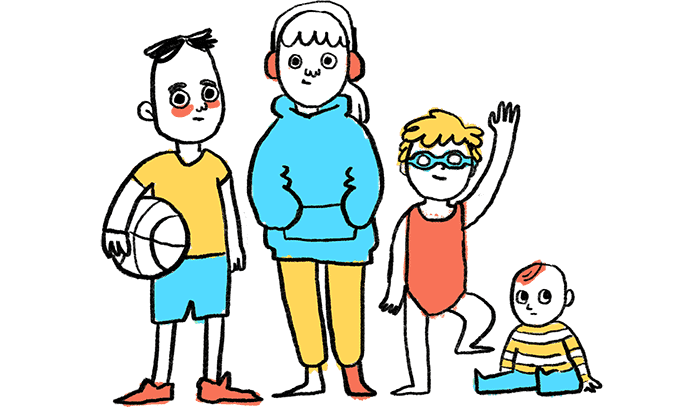Vesturbæjarskóli Parent Association
Parent associations are legally established organizations that support school activities, promote student welfare, and strengthen relationships among parents, both with each other and with the school. The association's role is also to create a platform for cooperation and solidarity among parents. Good communication between parents facilitates cooperation and unity in childrearing. The parent association board is elected at the annual general meeting in spring. The board develops policies and priorities in consultation with school administrators, class representatives and the student council. The goal is to promote student well-being and improved academic performance by increasing parent communication and strengthening school culture.
Parent Association board and class representatives
The parent association board ensures that tasks are distributed among parents so that as many as possible participate in preparing and implementing at least one project during the school year. One of the most important aspects of the parent association's work is strengthening classroom activities, which provides one of the best platforms for parent consultation and collaboration in child-rearing. Class representatives play a crucial role in this work.
The purpose of the class representative role is to promote cooperation and communication between children, parents and teachers. Ideally, there should be two class representatives, elected by parents, for each class/group. They serve as supervisors who focus on positive encouragement. They coordinate activities decided at joint parent meetings after considering the children's attitudes and wishes. Class representatives also serve as liaisons between the class and the parent association and school parent council. Event ideas organized by class representatives include bike rides, bingo, game nights, skating trips, theater outings, swimming, bowling, ski trips, walks and class evenings at school.
Parent communication
Parent cooperation is an important part of our children's upbringing and education. Research has shown the preventive value of a united parent group, and parents play an important role in supporting and promoting positive culture within the children's group. It's invaluable for parents to have a broad network of other parents in the local community, enabling them to make more informed decisions and become a powerful voice for improvement. This way, they can work against bullying and prejudice while promoting greater understanding and tolerance between diverse groups. Parent involvement also gives parents opportunities to positively influence their children's friendships while enriching their own social lives.
Friendship groups
Friendship groups are designed to help classmates get to know each other and ensure everyone in the class becomes friends. Class representatives initiate the project by contacting teachers. The class is divided into groups of 4-5 children who meet once a month at each child's home. After each child has hosted a friendship group, the class teacher creates new groups, and the process continues. Parents of children hosting the friendship groups are expected to promote positive and enjoyable interaction among the children.

Friendship families
Friendship families strengthen connections and promote greater equality among children at Vesturbæjarskóli. Guided by friendship and respect, families familiar with the school community support families of new children in the school. The goal of friendship families is to ensure all children have opportunities to participate in the school community with the support of their families. The project emphasizes supporting families of foreign origin, though the project is not limited to that group. Friendship families support the goals of the UNICEF Rights Respecting School. The Rights Respecting School aims to build a democratic environment by cultivating knowledge, skills and attitudes that help children become critical, active and capable participants in modern society. In Rights Respecting Schools, children learn about their human rights, which are incorporated into the school's structure, including interactions between children, teachers, staff, parents and recreation instructors.
Sesselja Th. Ólafsdóttir, Margrét Gylfadóttir and Maria Helena Sarabia launched the Friendship Families project in 2008.
